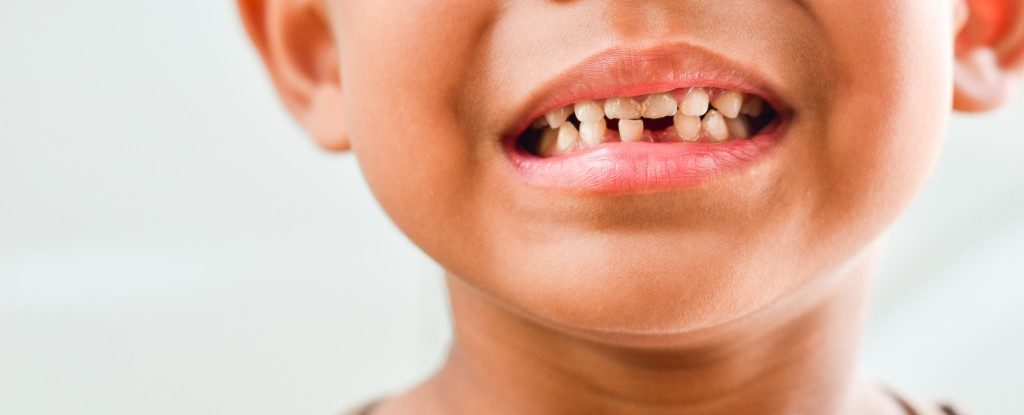Tooth decay is among the leading dental issues. One of the most overlooked forms of tooth decay in children is baby bottle tooth decay. This refers to dental cavities that affect your baby’s milk teeth. It is caused by the consumption of sugary and acidic foods and drinks whose residue stick to your child’s teeth.
To most parents, baby bottle tooth decay is a non-issue that doesn’t need the attention of a pediatric dentist. This assumption is based on the expected shedding of milk teeth at some point to pave the way for permanent dentition. Parents need to stop buying into these misconceptions.
The following are some of the effects of baby bottle tooth decay on various aspects of your child’s wellbeing.
Dental Infections
The decay of your child’s milk teeth will expose their inner dental layers as the enamel is eroded over time. This way, the inner layers of the teeth are prone to bacteria, which might result in a severe dental infection. Unfortunately, the bacteria can also gain entry into your child’s systemic circulation since the gums at this point are not yet fully developed. Untreated baby bottle tooth decay might then become the primary cause of recurrent bacterial infections in your child.
Pain
There are times when your child might be irritable for no evident reason. If their milk teeth have cavities, the nerve roots are exposed. They become extremely sensitive to temperature changes and other stimuli. Since your child might not precisely pinpoint the issue, they easily get irritated and might refuse to eat from the pain.

Speech and Feeding Issues
The teeth not only play a crucial part in your child’s feeding but also their speech development. In severe cavities, the teeth will fall off or be left as brown stumps, which can barely function. This will not only affect your child’s eating habits but also their ability to talk. You may have to spend money you would otherwise save by treating the cavities on costly speech therapies and nutrition-related programs.
Crooked Growth of Permanent Teeth
The milk teeth are meant to act as placeholders on your child’s jaw for the development of permanent teeth. Severe tooth cavities might lead to the premature loss of the milk teeth way before they reach the age for permanent tooth eruption.
In this case, a dentist will recommend a customized space maintainer to fill the gap. Failure to use a space maintainer results in the shifting of the other teeth towards the gap. Unfortunately, permanent dentition will follow this pattern and result in the growth of crooked teeth, which will need orthodontic treatment.
Most parents will relate the above issues to other elements of a child’s growth. The treatment of baby bottle tooth decay might, however, be the solution to most of the problems that are plaguing your child and have no apparent cause. To prevent, diagnose and treat dental cavities affecting milk teeth early, start your routine pediatric dental visits as soon as your child’s first milk tooth erupts.




